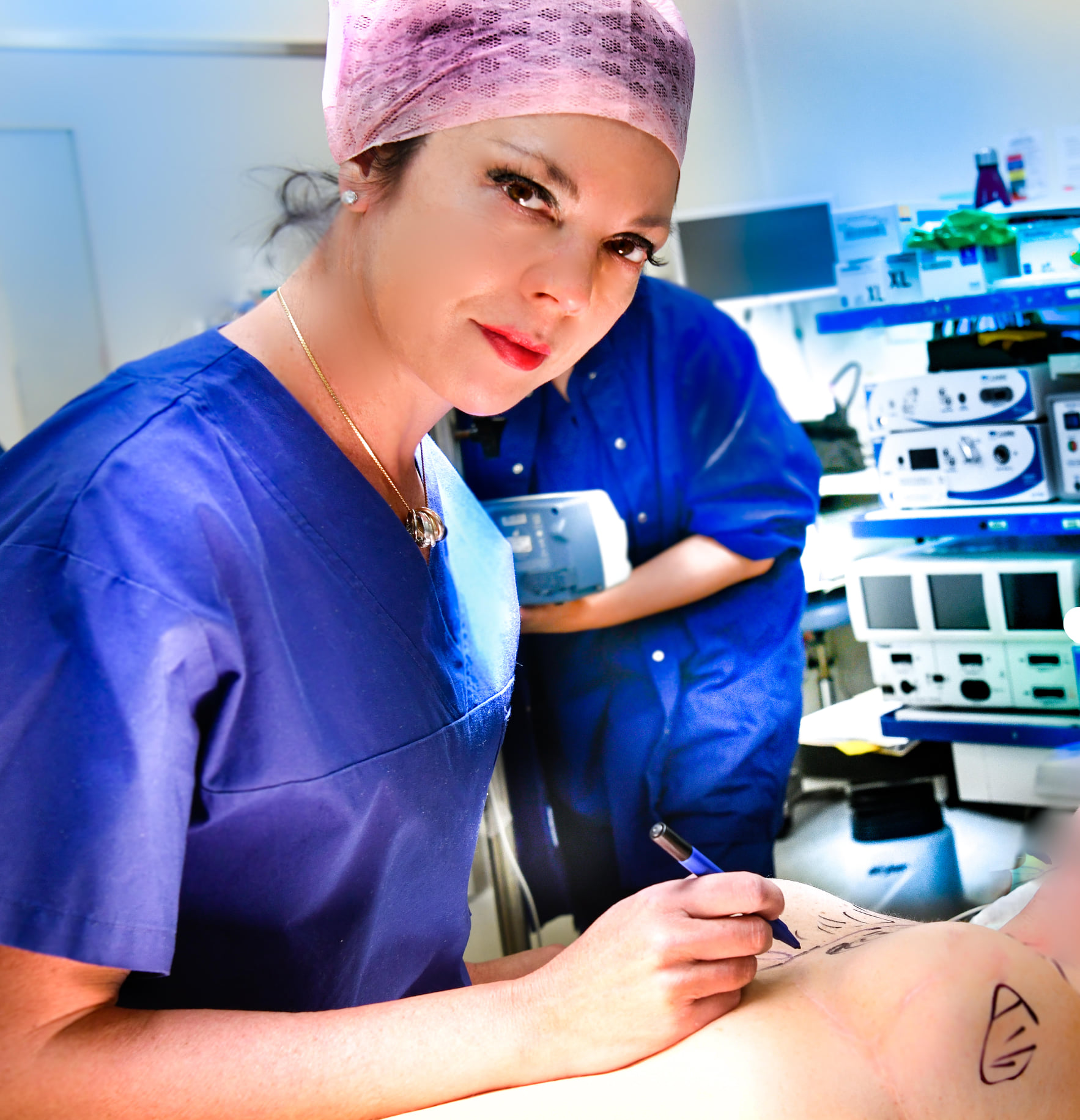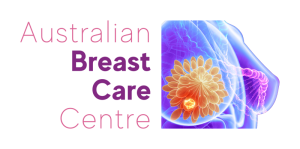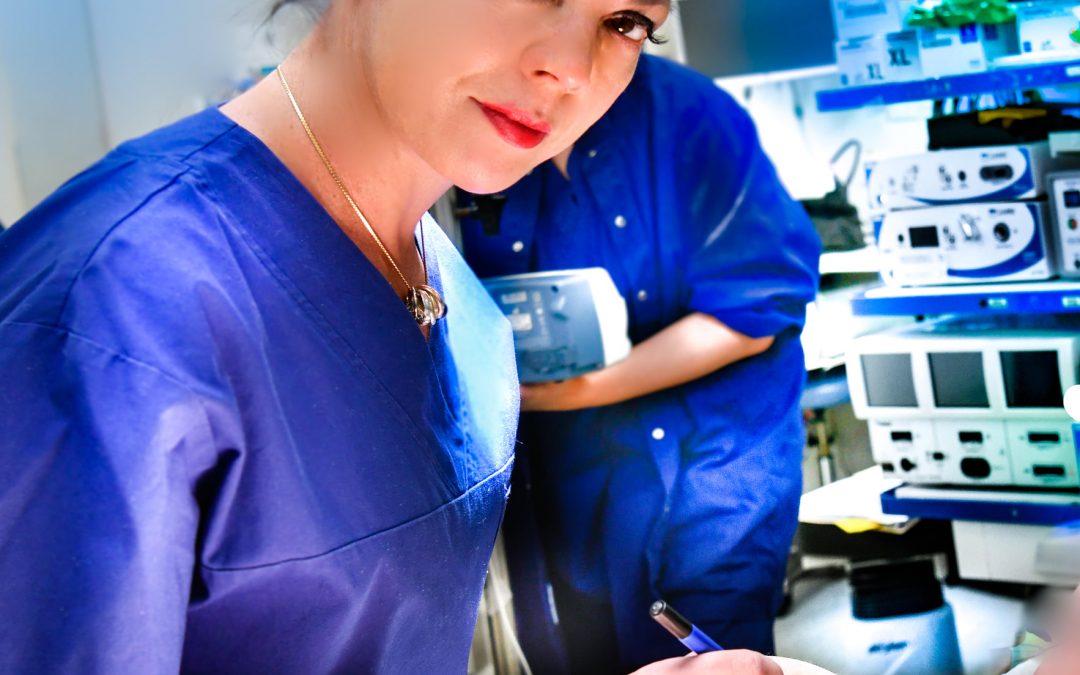Rebecca’s mother had ovarian cancer, not breast cancer, but comes from a very small lineage of females. Some family history is very difficult to ascertain when there is only one daughter (or none) in each successive generation.
As Rebecca’s mother was diagnosed with ovarian cancer, she asked me to check her for the genes which predispose you ovarian cancer.
Rebecca underwent the BraOvo genetic testing, which tested for 12 genetic mutations including the BRCA1 and BRCA2 genetic mutation.
Surprisingly, she was negative for the BRCA mutation. However, she did test positive for a CHEK2 mutation, which is in the panel of BraOvo genes. This meant she was a high risk for developing breast cancer. She subsequently underwent bilateral skin sparing mastectomies with reconstruction and is a much relieved and less anxious person today.
As a result of genetic testing and proactive management, Rebecca happily celebrates this Mother’s Day with her teenage daughter.
Q. When is genetic testing important?
A. When your family depend on you.
BraOvo genetic testing identifies the 12 most common genetic mutations- including BRCA 1 and 2, which increase the risk of developing breast and/or ovarian cancer in the individual’s lifetime. Most individuals with these mutations will develop breast cancer at a much younger age.
The cost of breast cancer continues to be a significant burden for Australian women and men.
Na’ama, featured in today’s Herald Sun, had to start a GoFundMe to be able to access potentially lifesaving treatment for triple negative breast cancer, a cancer that has fewer treatment options and disproportionately affects younger women.
There is often a high cost associated with accessing drugs that are not currently available on the Pharmaceutical Benefits Scheme (PBS).
BCNA would like to see new breast cancer treatments approved and listed on the PBS as soon as possible. Australians should have equal access to new and emerging treatment options without being forced to fund them privately or seek access schemes run by pharmaceutical companies that are often capped or still incur a significant cost.


